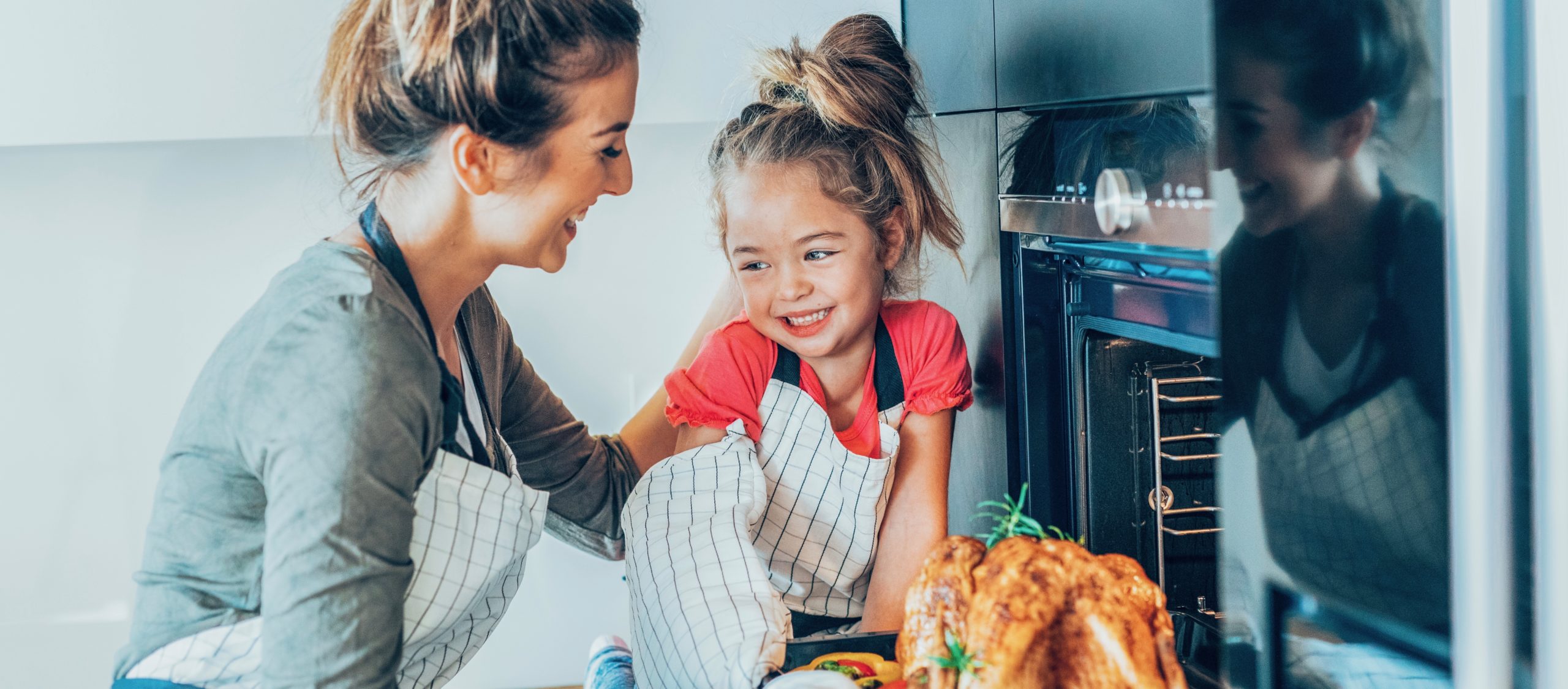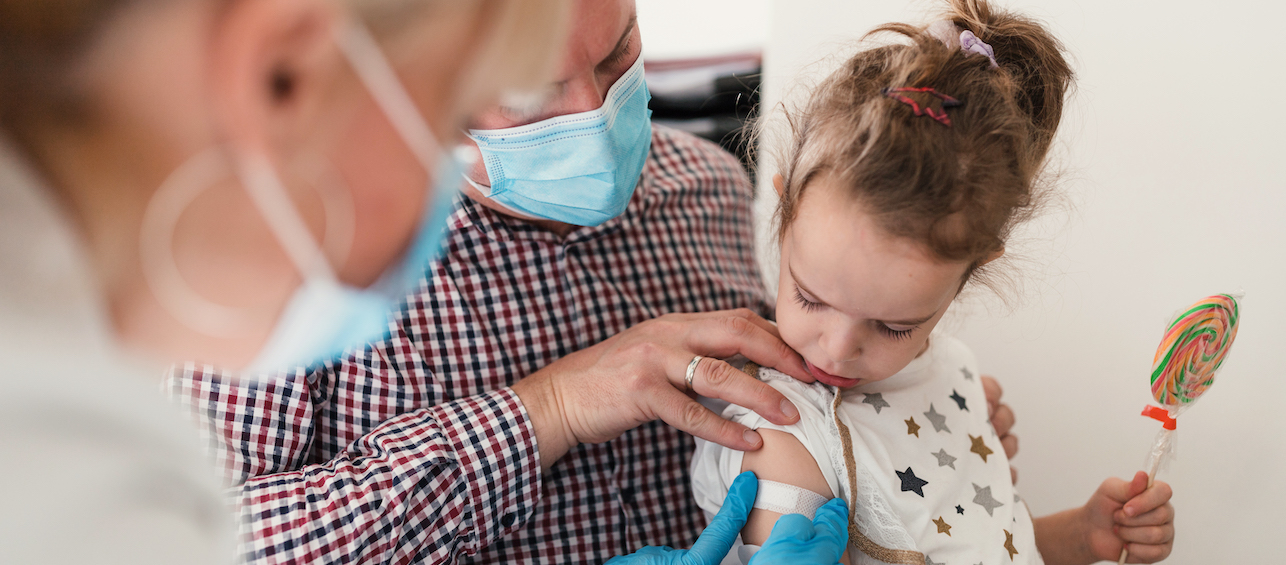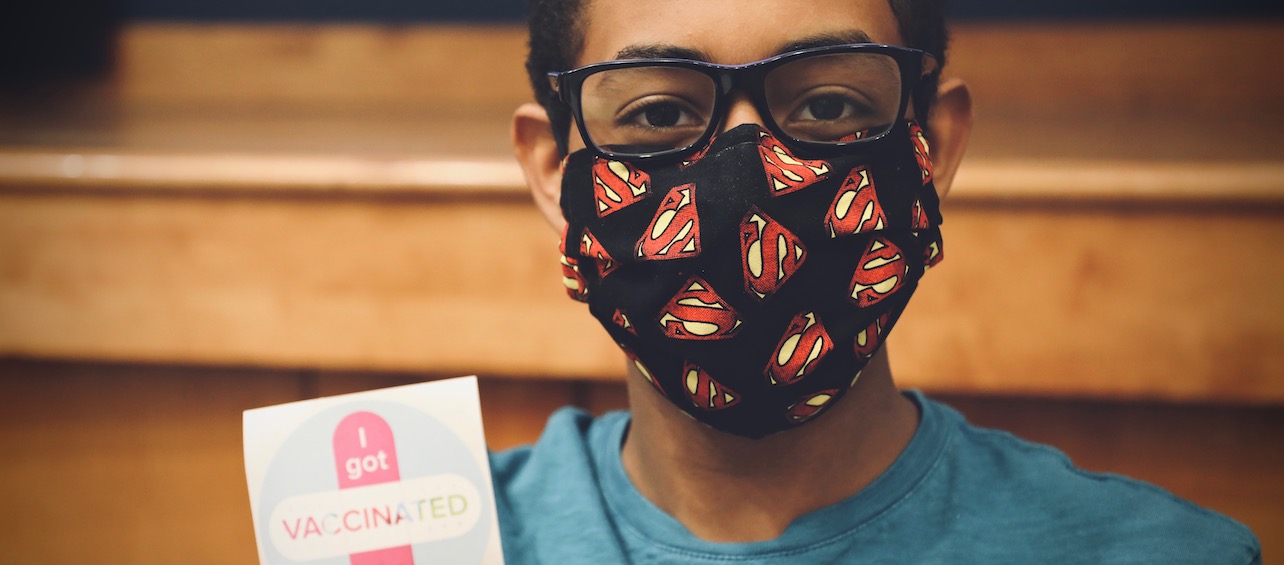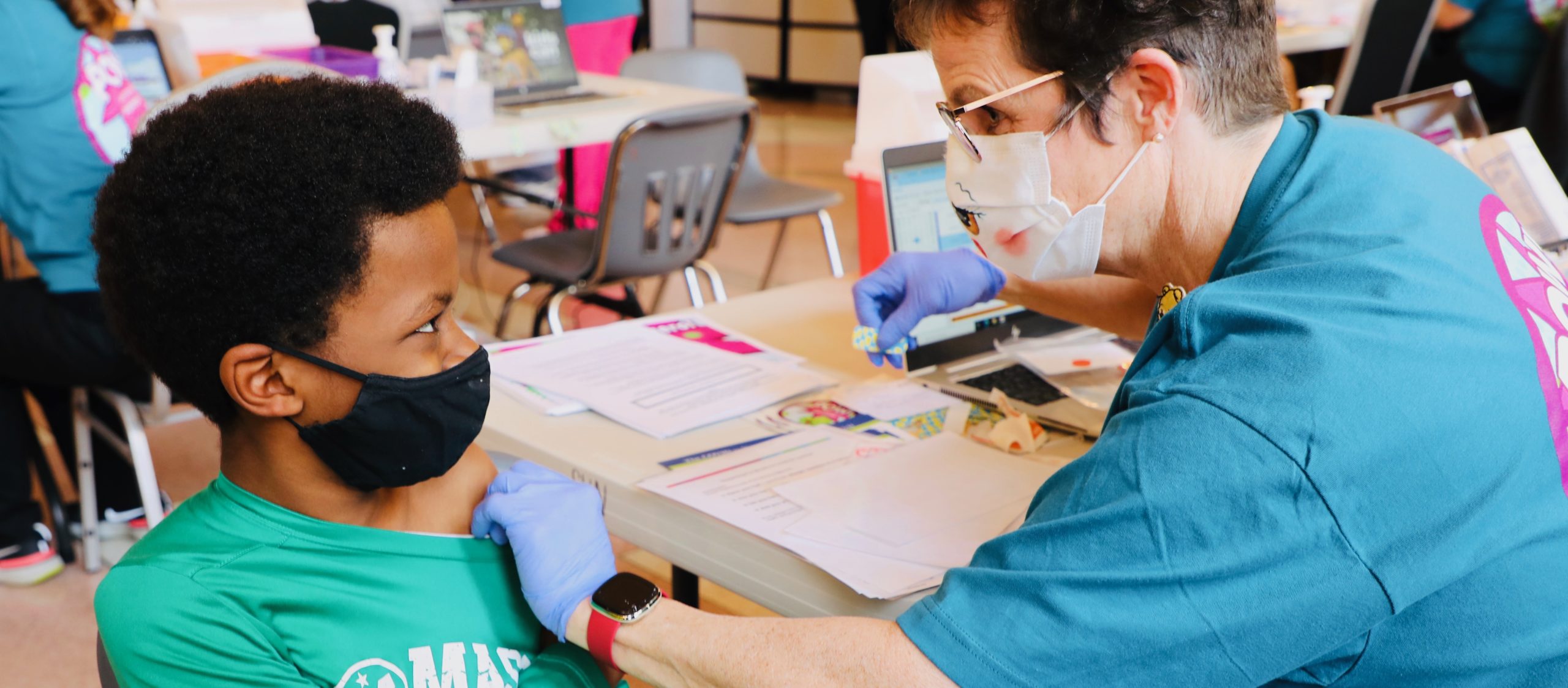Many people have simply had enough when it comes to adjusting their plans due to the COVID-19 pandemic. While I understand the frustration with the current situation, this is simply not the time to let our guard down, no matter how much we would like to celebrate the holidays as we usually do.
COVID-19 numbers are increasing at record numbers in much of the country and my fear is the infection rate will only get worse if people do not take proper precautions this holiday season.
Should you host people from out-of-town?
If you have a college student or other family member who has been away, you might be torn about whether they should come home for the holidays. I recommend finding ways to virtually connect with family members who have not been a part of your bubble or living in the same space. ?
If you make the decision to bring students/family members home, they should do so carefully to avoid bringing COVID-19 with them. Follow these guidelines to help limit the chance of a loved one bringing COVID-19 home, or taking it back with them when they leave:
- Limit close contact with others beginning 14 days prior to their travels home.
- Watch for any potential COVID-19 symptoms such as fever, cough or body aches.
- Get tested a few days before traveling home, if they are able to get tested. If the test comes back positive, your student/family member should self-isolate and follow guidance from public health or their physician.
- Wear a face mask whenever they are in public or around others, and even within your home when possible.
- Keep their distance from others whenever possible.
- Wash their hands or use hand sanitizer after touching high-contact surfaces such as doorknobs.
- If possible, sleep in a separate bedroom and use a separate bathroom from others at home.
- Avoid sharing eating utensils, dishes or glasses with others unless they’ve been washed.
- Continue to take the recommended precautions in public.
If You Host a Gathering
Nothing is safer than a virtual gathering, but If you’ve made the decision to host an event in-person I suggest the following guidelines:
- Masks should be required
- Guests should wash hands upon entering your home
- Guests may not come if they are ill or have been in close contact with someone who is sick
- Choose food options that do not require guests to share utensils or are individually wrapped
- Sit six feet apart from people who do not live in your home
- Spend time outdoors and/or open windows to increase ventilation
- Place hand sanitizer at the door to clean hands
- Provide sanitizing wipes at the door to clean phones
- Have extra disposable masks available in child and adult sizes in case someone forgets
We know through contract tracing efforts that many of the COVID cases in Ohio stem from family gatherings, so anything you can do to schedule different gatherings this year can go a long way to help slow the spread of COVID-19.





